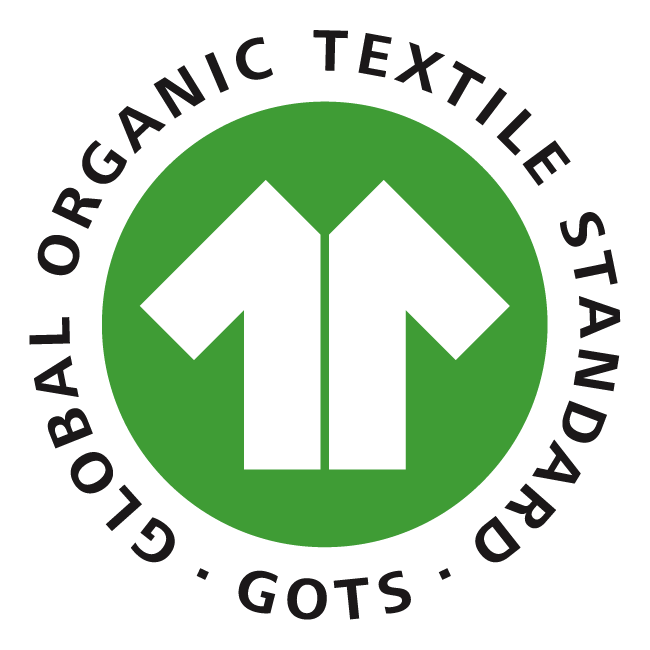GOTS Certifications Increase by 34% in 2020

In 2020, the number of GOTS-certified facilities grew by 34% globally, to a new high of 10,388 from 7,765 in 2019. Sixteen GOTS-approved certification bodies report that over three million people in over 72 countries worked in GOTS-certified facilities.
The top 10 countries for certified facilities are India (2,994), Bangladesh (1,584), Turkey (1,107), China (961), Germany (684), Italy (585), Portugal (449), Pakistan (391), USA (167), and Sri Lanka (126).
GOTS-approved chemical inputs now number 25,913, an increase of 13% in 2020. This confirms that these inputs are increasingly used as a risk management tool by wet processors to satisfy legal and commercial residue requirements.
“The exceptional increase in this unprecedented year shows that decision-makers value GOTS as an important tool to drive sustainable transformation in a comprehensive way—from field to fashion. Using organic fibers and processing them under strict GOTS criteria definitely provides a credible and strong base for market players to be successful in the future,” says GOTS managing director Claudia Kersten.
GOTS version 6.0, implemented as of March 1, includes stricter social and environmental criteria. Certified Entities now have to calculate the gap between wages paid to ‘Living Wages’ and are encouraged to work toward closing this gap.
GOTS (Global Organic Textile Standard) is a voluntary global standard for the entire post-harvest processing (including spinning, knitting, weaving, dyeing, and manufacturing) of apparel and home textiles made with certified organic fiber (such as organic cotton and organic wool), and includes both environmental and social criteria. Key provisions include a ban on the use of genetically modified organisms (GMOs), highly hazardous chemicals (such as azo dyes and formaldehyde), and child labor while requiring strong social compliance management systems and strict wastewater treatment practices.



